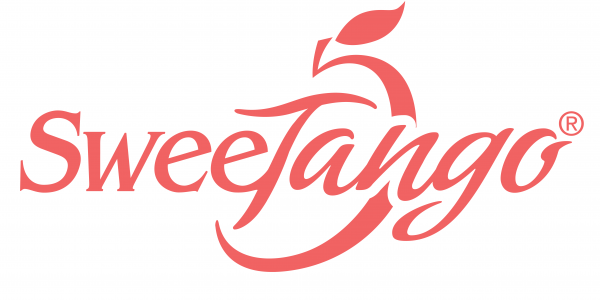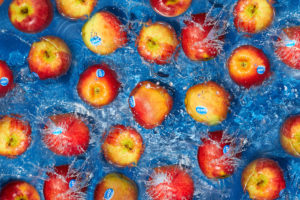Reducing Food Waste in Australia
Food waste has become a pressing global issue, and Australia is no exception to this challenge. Around 7.3 million^ tonnes of food are wasted in Australia each year, costing an estimated $20 billion. This not only strains our environment but also poses ethical concerns as millions of people struggle with food insecurity. However, by making conscious choices and adopting simple practices, such as eating seasonally and embracing imperfect produce, consumers can contribute to reducing food waste. We explore how these strategies can play a significant role in combating food waste in Australia.
The Power of Seasonal Eating:
Choosing to eat seasonally is an effective way to reduce food waste and reduce your grocery costs. When we consume foods that are in season, they are often more abundant and less likely to go to waste. Seasonal produce is usually harvested at its peak, ensuring optimal freshness, flavor, and nutritional content. By prioritizing seasonal fruits and vegetables, we encourage sustainable farming practices and support local growers.
Moreover, eating seasonally allows us to diversify our diets and explore new flavors. It's an opportunity to try different recipes and experiment with ingredients that are naturally available during specific times of the year. We relish (punn intended) ‘eat the rainbow*’! The more colour on your plate the better. Different-colored plants are linked to higher levels of specific nutrients and health benefits.
Embracing Imperfect Produce:
We live in a world where cosmetic perfection often dictates our food choices. However, an increasing number of consumers are recognising the value of imperfect produce.
Fruits and vegetables that don't meet the strict aesthetic standards imposed by retailers are often discarded, contributing to food waste. But here's the truth: imperfect produce is just as nutritious, delicious, and safe to eat as its flawless counterparts.
Embracing imperfect produce helps reduce waste at all stages of the supply chain, making a positive impact on both the environment and our wallets.
Utilizing Food Covers:
Food covers, such as reusable beeswax wraps and silicone lids, are effective tools in preventing food waste. Instead of resorting to disposable plastic wraps or containers that add to environmental pollution, food covers create an airtight seal, keeping food fresh for longer. This simple change in storage practices can significantly extend the shelf life of various food items, reducing the likelihood of spoilage and waste. Investing in a few reusable food covers is not only a sustainable choice but also a smart financial decision in the long run.
Preserving and Pickling:
Preserving and pickling are traditional methods of extending the shelf life of surplus fruits and vegetables. When faced with excess produce, rather than letting it go to waste, consider turning it into delicious preserved treats. Jams, chutneys, and pickles not only prevent food spoilage but also add exciting flavors to meals throughout the year. By preserving surplus produce, we reduce waste and create a more sustainable pantry, well-stocked with homemade delights.
Freezing:
If you are unsure what to do with that leftover parmesan rind or small remains of shredded cheese. Place them into a freezer bag or container and save it for the next time you are making a risotto or pasta sauce. A cheese rind can inject flavour into a sauce or vegetable stock.
Tip: If you don’t have time to make that banana bread from the over ripe bananas sitting in your fruit bowl. Don’t feel guilty, simply remove the skin and slice before freezing. When you do have the time, simply add straight into your mix.
How can leftovers help?
The disruption of traditional eating patterns has led to new interest in the culture of snacking.~ The rise of snacking culture offers an opportunity to combat food waste.
Instead of overlooking leftovers from previous meals, consider repurposing them for snacks or even incorporating them into new dishes. Combining different leftovers can create satisfying meals or packed lunches, reducing the need for additional ingredients and minimizing waste. Snacking mindfully can help us make the most of what we have and contribute to a more sustainable food system.
Food waste is a pressing issue in Australia, and each of us has a role to play in combating it. As consumers, we can play an essential role in reducing food waste in Australia by making simple yet impactful choices. By adopting mindful practices such as eating seasonally, embracing imperfect produce, and preserving, we can significantly reduce the amount of food that goes to waste. Let's make a conscious effort to appreciate the abundance nature provides, support local growers and farmers, and savor the flavors of each season while ensuring a more sustainable future for ourselves and generations to come.
Source: ^ National Food Waste Strategy Feasibility Study. *Nutrition Australia. ~WGSN, Key Trends 2025: New snacking lifestyles.

















